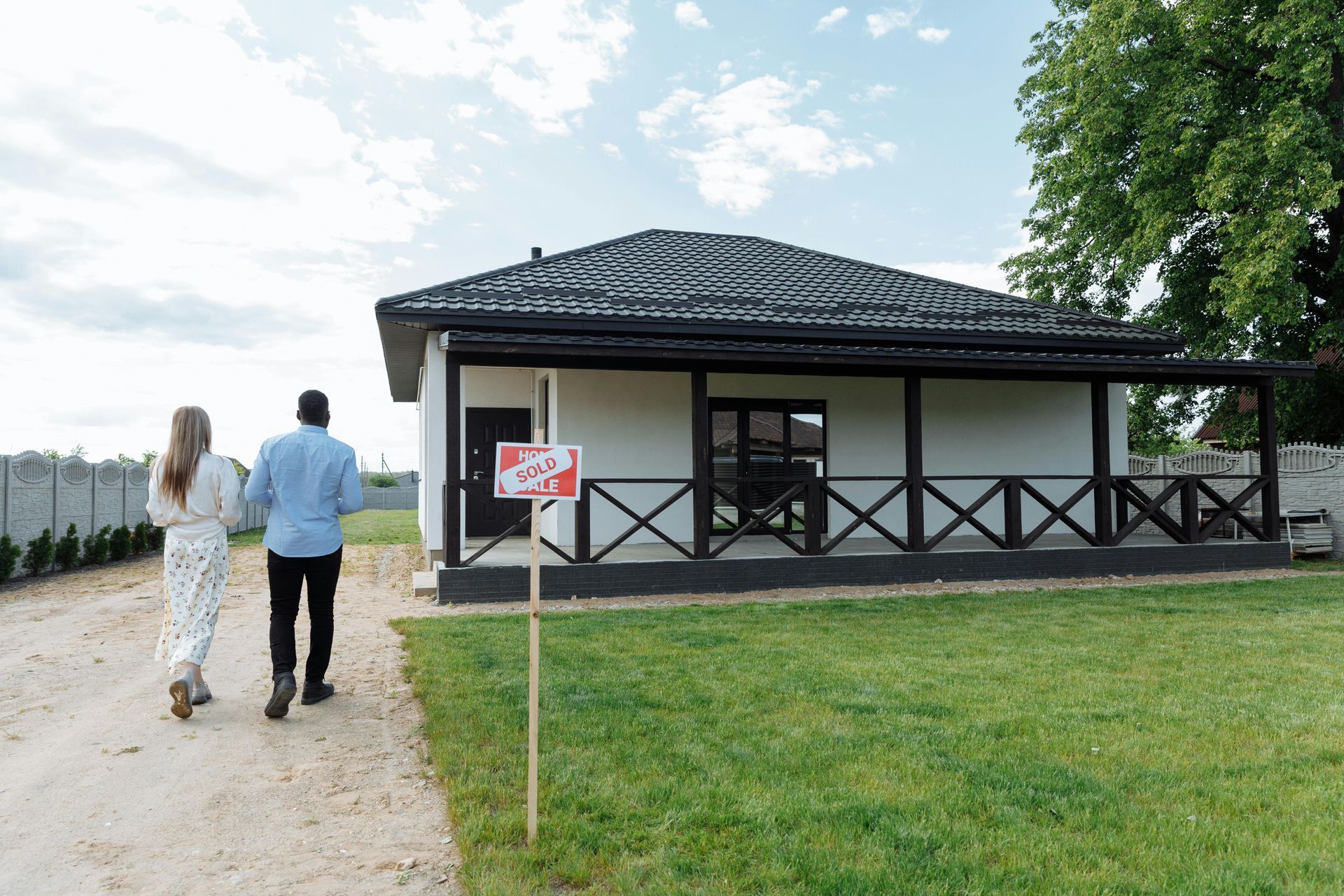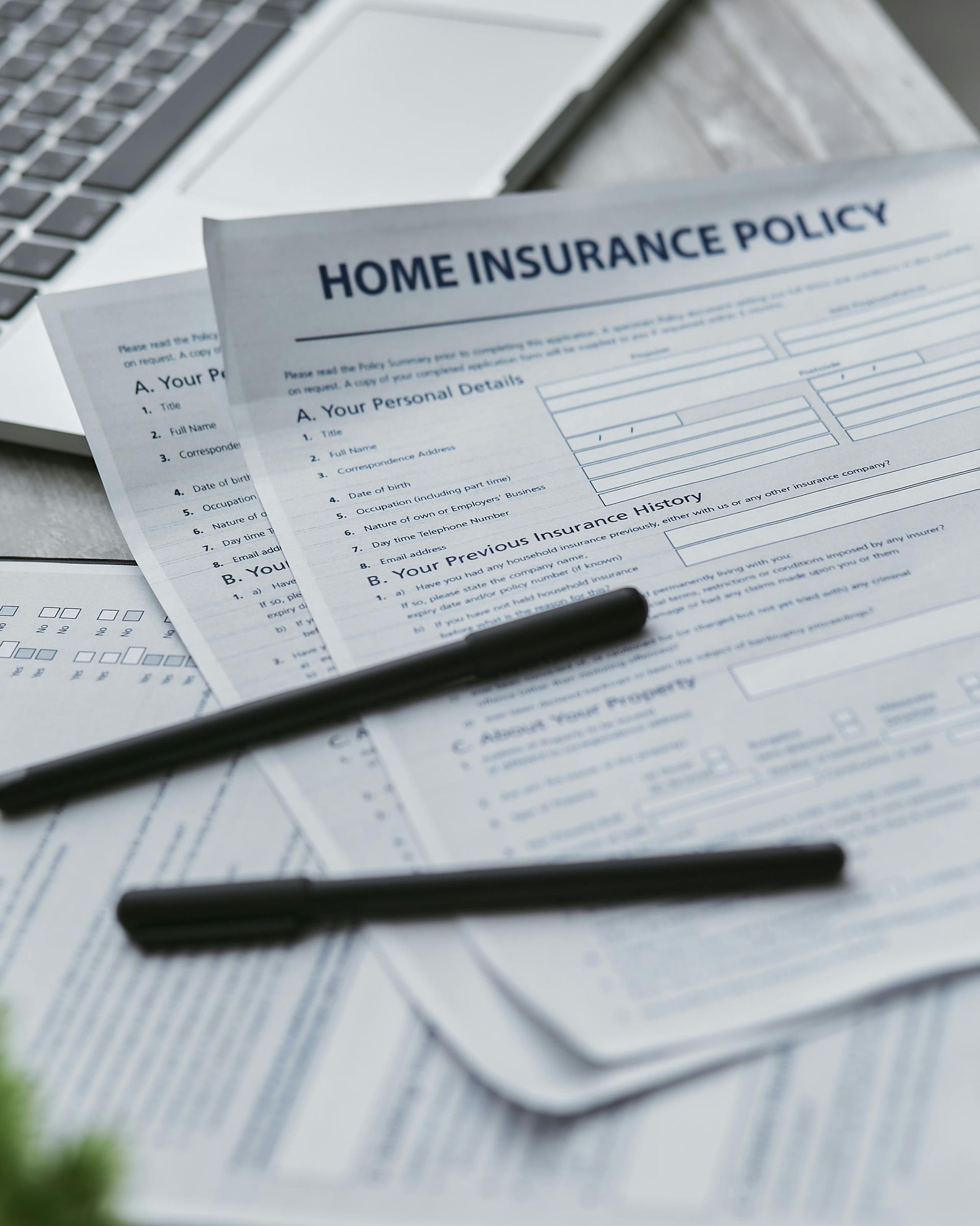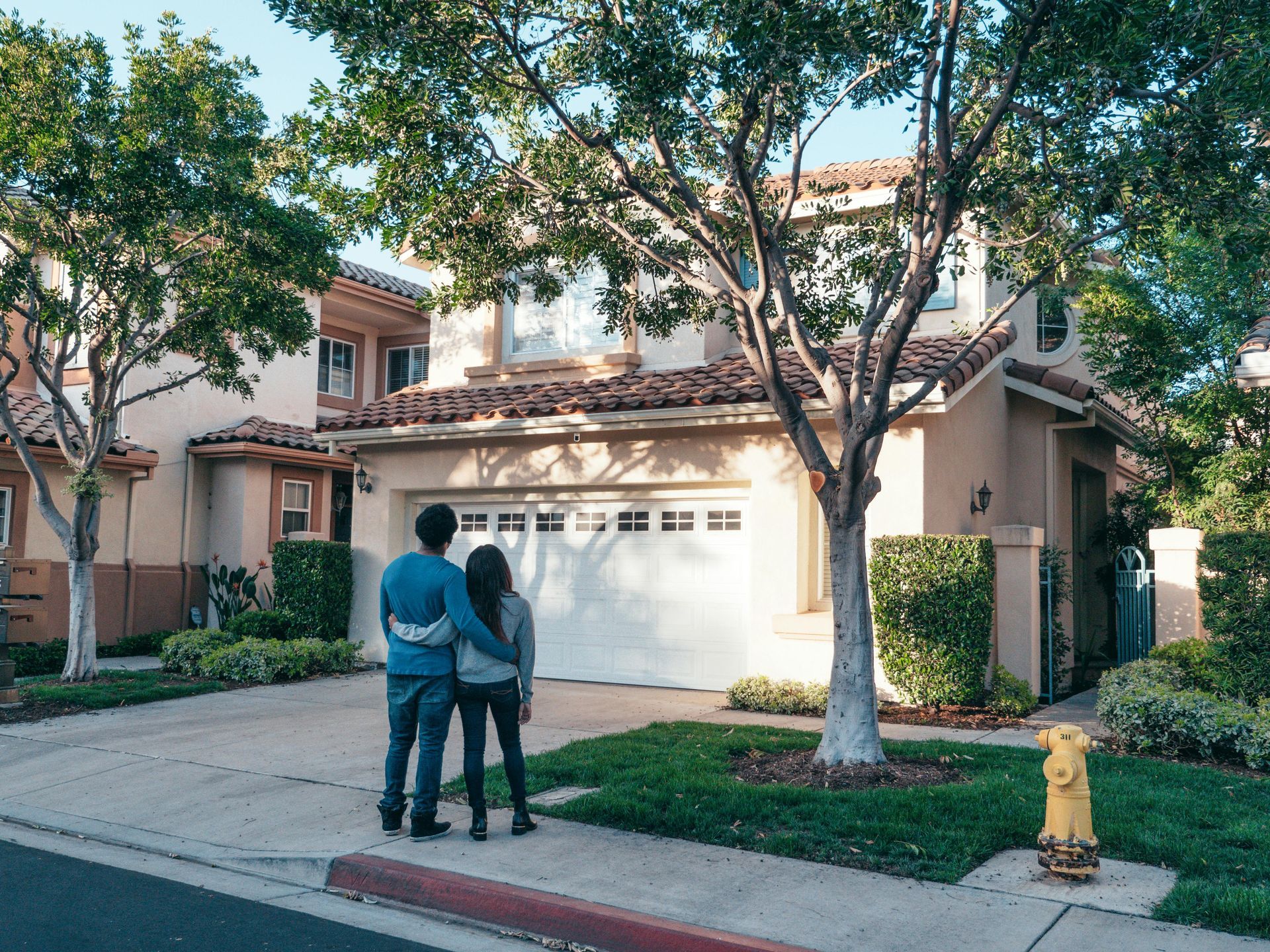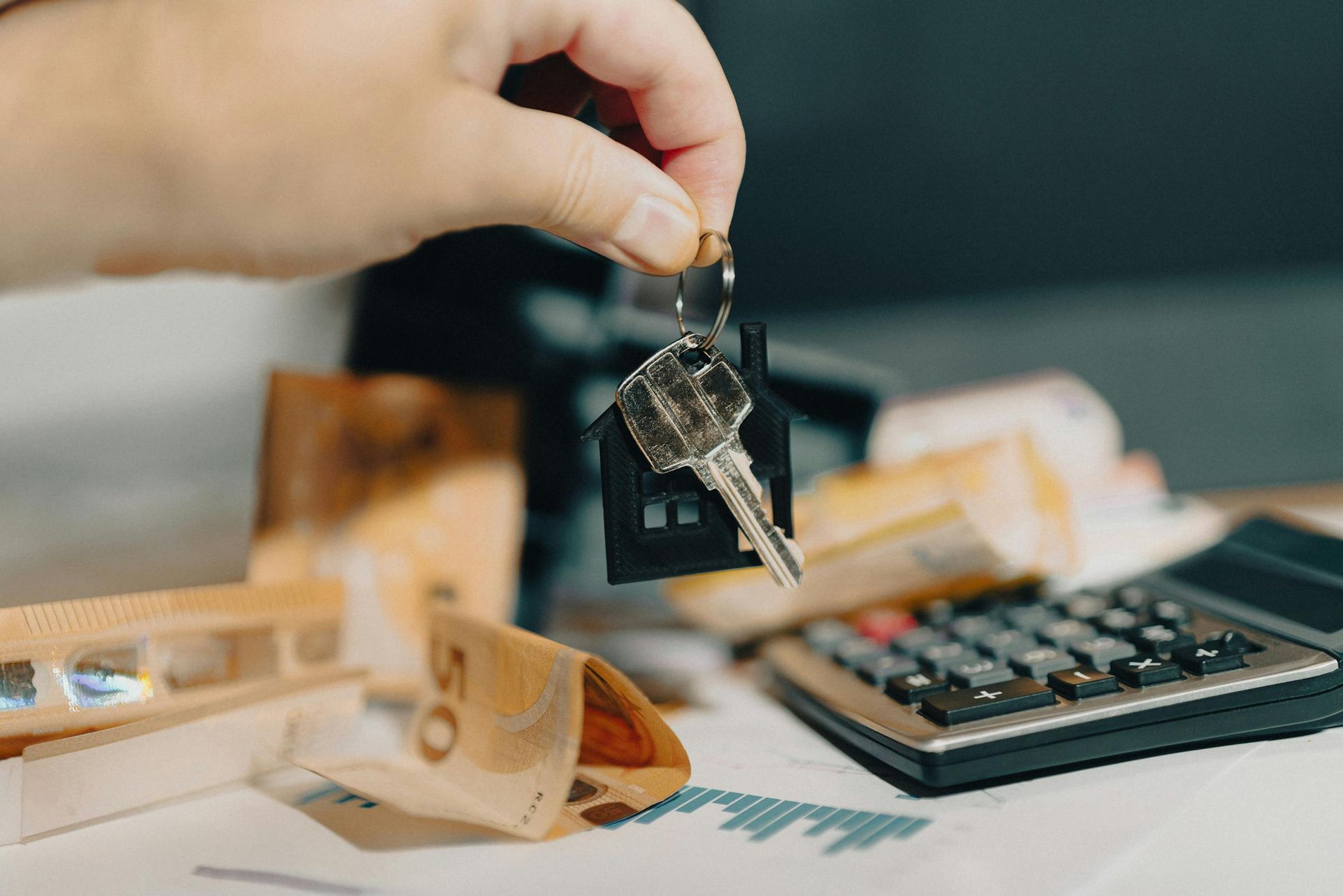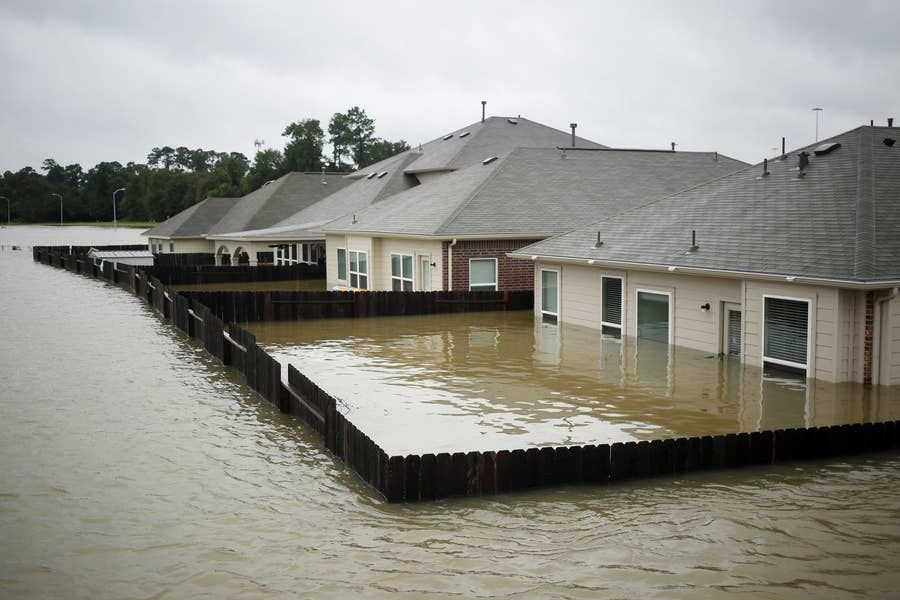Commercial Property Insurance Miami: Your Essential Guide
Discover everything you need to know about commercial property insurance Miami rates. Get insights to protect your business and save on premiums!

Key Highlights
Here’s what you need to know about commercial property insurance in Miami:
- Miami’s unique risks, like hurricanes, heavily influence commercial property insurance rates.
- Standard policies offer various coverage options but typically exclude flood insurance, which must be purchased separately.
- Your insurance premiums are affected by your property’s location, construction, and use.
- This type of policy differs significantly from homeowners insurance, providing unique financial protection for business assets.
- Understanding your policy and working with the right insurer are key to securing your investment.
Introduction
If you own a commercial property in Miami, you know it's one of your most valuable assets. Protecting that investment is crucial, and that’s where commercial property insurance comes in. This isn't the same as your home insurance; it’s a specialized type of insurance coverage designed to protect your business property from risks like fires, storms, and theft. This guide will walk you through everything you need to know about securing the right policy for your Miami-based business.
Understanding Commercial Property Insurance in Miami
Commercial property insurance is a safety net for your business’s physical assets. It provides financial protection for your buildings and the contents inside them when they are damaged or destroyed by a covered event. In a place like Miami, where severe weather is a constant threat, this coverage is essential for business continuity.
Think of it as a crucial tool for financial stability. Should a hurricane or another covered loss occur, your policy helps you recover without bearing the full cost yourself. Understanding your coverage options, including protection against loss of use, ensures your business can get back on its feet quickly. We will explore what these policies typically cover next.
Key Coverages Included in Miami Commercial Property Policies
A standard commercial property policy in Miami is structured to protect your business from multiple angles. The policy structure is designed to offer financial protection against a range of potential disasters, ensuring you can repair or rebuild after a covered loss.
These policies typically include several core coverage options. Each one addresses a different aspect of your business property, from the building itself to the equipment you use to run your operations. Key coverages often include:
- Building Coverage: Protects the physical structure of your property, including fixtures and machinery.
- Business Personal Property: Covers your inventory, furniture, supplies, and other business contents.
- Business Income Protection: Replaces lost income if your operations are halted due to property damage.
It’s important to understand the details, such as whether your policy offers replacement cost or actual cash value. This detail dramatically affects how much you receive in a claim. Having the right coverage ensures your business is truly protected.
Types of Properties Eligible for Coverage
Wondering if your property qualifies for commercial insurance? The good news is that coverage options are available for a wide range of commercial properties. An insurance company will assess your property's use and structure to determine eligibility, but most standard business properties can be insured.
Whether you own a small retail shop or a large office complex, finding a policy is usually possible. The key is how the property is used. As long as it's for business purposes, it generally falls under the commercial category. This includes properties such as:

- Retail stores and shopping centers
- Office buildings
- Warehouses and industrial facilities
- Apartment buildings and other multi-unit building types
Yes, you can get commercial property insurance for a multi-unit building. These properties are a common investment in Miami and are typically covered under commercial policies, which are designed to handle the complexities of rental properties and mixed-use spaces.
Major Risks Impacting Commercial Properties in Miami
Operating a business in Miami comes with a unique set of risks that directly impact your commercial property insurance. The city’s coastal location makes it highly susceptible to severe weather, which insurers watch closely. During hurricane season, the threat of significant wind damage and flooding is very real.
Beyond weather, urban risks like theft and vandalism also pose a threat to your property’s security and your company's financial stability. Understanding these specific hazards is the first step in building a comprehensive insurance plan. Let's look closer at these risks.
Weather-Related Hazards and Natural Disasters
Miami's beautiful climate also brings significant weather-related risks. The annual hurricane season poses the most substantial threat, with the potential for catastrophic wind damage and storm surges. According to WorldAtlas, Florida is the state most frequently hit by hurricanes, a fact that heavily influences insurance policies in the region.
Because of this high risk, you need to pay close attention to your policy's details. Standard commercial property insurance often has specific terms for wind damage, including separate, higher deductibles for hurricanes. It's also critical to know that most policies exclude flood damage, requiring you to buy extra protection. Key weather risks include:

- Hurricanes and tropical storms
- Wind and hail damage
- Flooding from storm surge
- Tornadoes
Ensure your coverage limits are high enough to fully rebuild and that you have the necessary endorsements for complete peace of mind.
Security, Vandalism, and Theft Concerns
While weather is a major concern, it's not the only risk your Miami commercial property faces. Urban environments are also prone to security issues like theft and vandalism. These events can cause significant damage and disrupt your business operations, making them an important consideration for your insurance coverage.
Many insurers have specific insurance requirements related to security. Taking proactive steps can not only protect your property but may also help lower your insurance premiums. Investing in basic security measures provides peace of mind and shows insurers you are serious about risk management. Consider implementing the following:

- Surveillance camera systems
- Monitored alarm systems
- Secure access controls
Protecting your property against these risks is a smart business move. A comprehensive insurance policy ensures that if a break-in or act of vandalism occurs, you have the financial support needed to repair the damage and secure your property for the future.
Differences Between Commercial Property and Homeowners Insurance
It’s easy to think that all property insurance is the same, but there are major differences between homeowners insurance and commercial property insurance. While both protect physical structures, they are designed for very different purposes and risks. A standard home insurance policy simply isn't equipped to cover a business.
Commercial policies include coverages that a business needs but a homeowner doesn’t, such as protection for business income and commercial liability. The coverage limits and replacement cost calculations are also handled differently. Let's explore these distinctions in more detail.
Unique Protections for Businesses
Commercial property insurance offers unique business coverage designed to protect your company’s financial health, not just its physical assets. This goes far beyond what a homeowners policy provides. It’s tailored financial protection for the specific challenges businesses face.
For example, if a fire damages your building and forces you to close temporarily, a commercial policy can help cover your lost income and ongoing expenses. This extra protection helps ensure your business survives the downtime. Unique protections often include:
- Business Income Coverage: Replaces lost revenue during a shutdown.
- Extra Expense Coverage: Pays for temporary relocation costs to keep your business running.
- Ordinance or Law Coverage: Helps pay to upgrade your building to current codes during repairs.
- Inland Marine Coverage: Protects business property while in transit.
These coverages address complex scenarios like loss of use and regulatory compliance that are unique to commercial operations. Homeowners policies do not include these and typically exclude business-related activities.
Policy Structure and Eligibility Comparison
The fundamental policy structure of commercial property insurance and homeowners insurance is quite different. Eligibility for each is determined by the property's use—one is for business, and the other is for a private residence. This distinction influences every aspect of the coverage.
For example, homeowners insurance covers personal property like furniture and clothes, whereas a commercial policy covers business personal property such as inventory, machinery, and office equipment. The liability protections are also vastly different, with commercial policies covering business-related incidents.
Here’s a simple breakdown of the differences:
| Feature | Homeowners Insurance | Commercial Property Insurance |
|---|---|---|
| Property Covered | Primary residence and personal belongings. | Buildings used for business, inventory, equipment. |
| Primary Use | Personal, non-commercial living. | Commercial, for-profit activities. |
| Income Protection | Limited 'loss of use' for living expenses. | Business income coverage for lost profits. |
| Liability | Covers personal liability (e.g., a guest slips and falls). | Covers business-related liability (e.g., customer injury). |
Understanding this basic policy structure helps clarify why you need a dedicated commercial policy for your business assets.
Cost Factors for Commercial Property Insurance Rates in Miami
The cost of commercial property insurance in Miami can be high, often exceeding home insurance premiums due to the greater risks involved. Several key factors determine your insurance premiums, and understanding them can help you manage your expenses without sacrificing critical coverage.
Your property’s location, particularly its proximity to the coast and its designated flood zone, plays a huge role. The building's construction, your chosen coverage limits, and your business's claims history also have a major impact. Below, we'll examine how these elements affect your final rate.
Location, Building Type, and Property Use

Your property’s location is one of the biggest drivers of your insurance premiums in Miami. Properties located in a high-risk flood zone or close to the coastline will almost always have higher rates due to the increased risk of storm surge and flooding. Insurers analyze location down to the ZIP code to assess these environmental hazards.
The building type and its construction materials also matter. Newer buildings constructed to Miami-Dade's strict building codes, especially those with wind mitigation features like impact-resistant windows, often receive more favorable insurance terms. In contrast, older structures may cost more to insure.
Finally, your property use plays a role. A warehouse storing non-flammable goods will likely have lower premiums than a restaurant with commercial kitchens, as insurers evaluate the specific risks associated with your business operations.
Impact of Deductibles, Coverage Limits, and Claims History
Beyond your property's physical characteristics, your policy choices directly influence your insurance premiums. The deductibles you select are a primary factor. A higher deductible means you pay more out of pocket for a claim, but it can significantly lower your premium. In Miami, be prepared for a separate, often higher, hurricane deductible.
Your coverage limits also affect the cost. The higher your limits for building and property coverage, the higher your premium will be. It's a balance between securing enough financial protection to fully rebuild and managing your budget.
Lastly, your claims history is crucial. A property with a history of frequent claims signals higher risk to insurers, leading to increased premiums. Conversely, a claims-free record can help you save money and demonstrates that you are a responsible property owner.
Choosing the Right Insurance Provider in Miami
Selecting the right insurance company is just as important as choosing the right insurance coverage. You need a provider with the financial strength to pay out claims, especially after a widespread disaster like a hurricane. A cheap policy from an unreliable insurer is no bargain if they can't deliver when you need them most.
The best way to start is by connecting with an independent insurance agent who who specialize in Miami's complex market. They will assist you in looking for companies with strong financial ratings and a proven track record. The following sections will provide guidance on what to look for and what questions to ask.
Qualities of Top-Rated Miami Commercial Property Insurers
When you're comparing insurance providers in Miami, certain qualities stand out. The most critical is financial stability. An insurer's ability to pay claims, especially after a major storm, is paramount. Look for companies with high ratings from independent agencies like AM Best.
Excellent customer service and efficient claims handling are also vital. After a loss, you want a responsive team that guides you through the process, not one that adds to your stress. Reading customer reviews and asking for referrals can provide insight into an insurer's service quality. Top-rated insurers typically exhibit:

- Strong financial stability and high industry ratings.
- Expertise in the South Florida commercial market.
- Responsive and fair claims handling processes.
- A wide range of additional coverage options.
Working with an experienced broker can help you access a variety of carriers, including those specializing in high-risk properties, ensuring you find a provider that meets all these criteria.
Questions to Ask Before Selecting a Policy
Before you commit to a policy, it's essential to ask the right questions. This is the best way to ensure you fully understand your insurance coverage and avoid any surprises down the road. Don't hesitate to press for clear answers on the policy structure and what is—and isn't—covered.
A key area to clarify is how losses are valued. Does the policy offer replacement cost coverage, which pays to rebuild with new materials, or actual cash value, which deducts for depreciation? This can make a huge difference in your payout. Be sure to ask the following:
- What are my hurricane and standard deductibles?
- Does this policy include replacement cost coverage for both the building and my contents?
- What is excluded from my coverage? Do I need separate flood or windstorm policies?
- What are the coverage limits for business income protection?
- What is your process for handling claims after a major storm?
Getting these answers upfront helps you make an informed decision and select a policy that provides the protection your business truly needs.
Documentation and Requirements for Getting Insured
Getting your commercial property insured involves a detailed application and review process. The insurance company needs specific documentation to assess your property's risk and determine your eligibility and rates. Fulfilling these insurance requirements accurately and completely is key to a smooth process.
This is known as the underwriting stage, where the insurer evaluates your application to decide whether to offer you a policy and at what price. Having all your information organized and ready will speed things up and present your property in the best possible light.
Essential Documents Needed for Application
When you fill out an application for commercial property insurance, you'll need to provide thorough documentation about your property and business. These insurance requirements help the underwriter get a clear picture of what they are insuring. The more detailed your information, the more accurate your quote will be.
Gathering these property details ahead of time will streamline the process. You'll need specifics about the building's construction, age, and any recent updates or improvements you've made. Be prepared to provide the following documentation:

- Proof of ownership and the property’s address.
- Detailed property information, including square footage, construction type, and year built.
- A complete inventory of business personal property and equipment.
- Photographs and professional appraisals of the property.
Having this information on hand makes the application process much faster and demonstrates that you are a diligent property owner.
Steps in the Underwriting and Approval Process
Once you submit your application, the insurance company begins the underwriting process. This is where an underwriter reviews all your documentation to assess the level of risk your property presents. They will verify your property details and may even require a physical inspection.
The goal of the approval process is for the insurer to understand the risk completely before offering insurance coverage. A positive outcome often depends on how well you've documented your property's condition and any risk-reduction measures you've taken. The key steps include:
- Application Review: The underwriter examines your submitted documents for completeness and accuracy.
- Risk Assessment: They analyze factors like location, construction, and security measures.
- Quotation and Binding: If approved, the insurer provides a quote, and upon your acceptance, the policy is bound.
Proactive communication and providing comprehensive information about your property's financial strength and safety features can positively influence the underwriter's decision and help you secure favorable terms.
Conclusion
In conclusion, understanding commercial property insurance in Miami is essential for safeguarding your business against potential risks. By familiarizing yourself with key coverages, recognizing the unique threats posed by the local environment, and comparing policy structures, you empower yourself to make informed decisions. Remember to consider factors like location and claims history, as these significantly impact your insurance rates. Choosing the right provider is equally critical; look for those that prioritize customer service and offer tailored solutions for your needs. Armed with this knowledge, you can confidently navigate the complexities of commercial property insurance. If you have any questions or need personalized assistance, don’t hesitate to reach out for a consultation!
If you are interested in Commercial Property Insurance in Miami, contact us.
Frequently Asked Questions
Is flood insurance required with commercial property coverage in Miami?
Standard commercial policies almost always exclude flood damage. While not legally required everywhere, if your property is in a high-risk flood zone and you have a mortgage, your lender will mandate flood insurance. Given Miami’s low-lying geography, purchasing separate flood insurance coverage is a wise decision for any commercial property owner.
Can I insure a multi-unit or mixed-use building with commercial property insurance?
Yes, you can. Commercial property insurance is specifically designed for buildings used for business, including a multi-unit building like an apartment complex or a mixed-use property with retail and residential spaces. An insurance company will tailor the coverage options to fit the specific property use and risks involved.
What are typical premium ranges for Miami commercial property insurance?
Miami rates for commercial property insurance vary widely based on location, building type, coverage limits, and claims history. Premiums are among the highest in the country due to hurricane risk. The only way to know your specific cost is to get a quote from a qualified insurance company.



